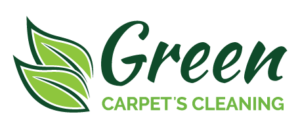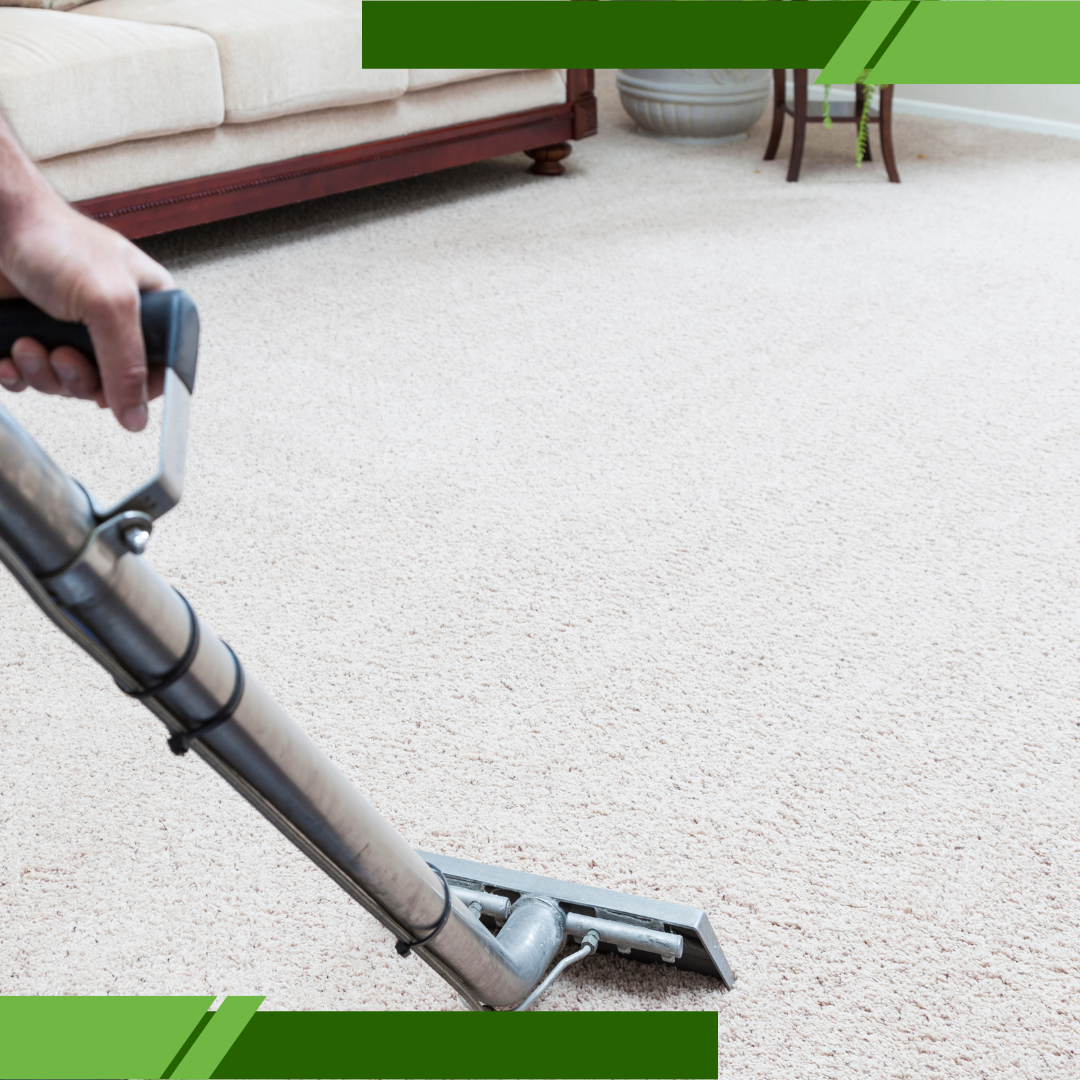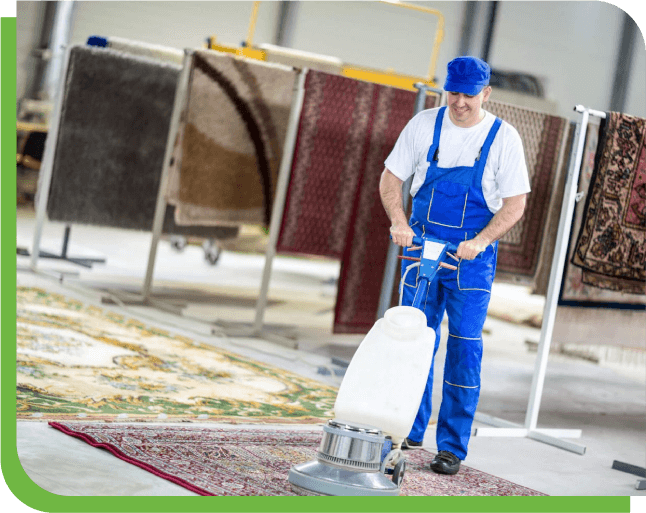Get in touch
Fill this up to proceed

We are committed to providing a world-class carpet, rug, upholstery, drapery or mattress cleaning services that will open your door to a happier and healthier green indoor environment.
Keeping your home fresh and hygienic is a top priority—but how do you choose between natural vs chemical cleaners? This decision isn’t just about cleanliness; it’s about health, safety, sustainability, and long-term well-being. In this ultimate showdown, we’ll uncover the pros, cons, and key differences between natural vs chemical cleaners to help you pick what’s best for your household.
Chemical cleaners are packed with potent compounds like bleach, ammonia, sulfates, and artificial fragrances. These products are designed for maximum cleaning strength and speed, making them a popular choice for many Brentwood households.
Why People Choose Chemical Cleaners:
Downsides to Consider:
Natural Cleaners: Gentle Yet Effective
Natural cleaners use plant-based, non-toxic ingredients like vinegar, lemon juice, essential oils, and baking soda. They’re gaining popularity in the natural vs chemical cleaners conversation due to their eco-conscious nature.
Perks of Natural Cleaning Products:
Challenges of Natural Solutions:

When comparing natural vs. chemical cleaners, the most noticeable differences lie in their ingredients, effectiveness, and impact on health. Chemical cleaners are known for their fast action and powerful disinfecting capabilities, making them ideal for tackling tough grime, mold, and bacteria. However, these products often contain harsh substances like bleach and ammonia, which can cause skin irritation, trigger allergies, and release harmful fumes into your home environment. For Brentwood homeowners, understanding these risks is essential when deciding which cleaning products are best for maintaining a safe and healthy living space.
On the other hand, natural vs chemical cleaners offer a safer alternative for everyday use. Natural cleaners are made with gentle, biodegradable ingredients such as vinegar, lemon juice, and baking soda. They are non-toxic and environmentally friendly, making them perfect for households with kids or pets. Although they may require more scrubbing, many people find that combining natural vs chemical cleaners yields the best overall cleaning results.

The secret to a well-balanced cleaning routine is knowing when to use natural vs. chemical cleaners. For Brentwood homeowners, here’s a quick guide:
Understanding the role of natural vs chemical cleaners is essential for maintaining a clean, safe, and healthy home. Natural options are ideal for daily upkeep and eco-conscious households, offering non-toxic solutions that reduce exposure to harmful substances. Meanwhile, chemical cleaners provide powerful sanitizing abilities, especially in kitchens, bathrooms, or for services like Carpet Cleaning Brentwood, where deep cleaning is essential.
Balancing natural vs chemical cleaners helps homeowners make smarter, more sustainable choices. Relying solely on one approach may limit results or compromise safety in specific situations. By recognizing where each type excels—natural for routine maintenance and chemical for tougher jobs—you can create a cleaning routine that supports both your family’s well-being and the planet. An informed decision starts with understanding your home’s unique needs and choosing wisely between these cleaning solutions.
Yes—for everyday cleaning tasks like wiping counters, cleaning glass, and deodorizing surfaces. However, chemical cleaners are better for sterilizing and handling mold.
Avoid doing this. Some combinations, like vinegar and bleach, can produce toxic gases.
They can be. It’s important to rinse surfaces thoroughly and store such products safely.
For light tasks, yes. But for deep cleaning or specific surfaces, commercial options may be more powerful.
Natural cleaners are generally biodegradable and less toxic, making them the eco-friendly choice.

We are committed to providing a world-class carpet, rug, upholstery, drapery or mattress cleaning services that will open your door to a happier and healthier green indoor environment.
We are committed to providing a world-class carpet, rug, upholstery, drapery or mattress cleaning services that will open your door to a happier and healthier green indoor environment.